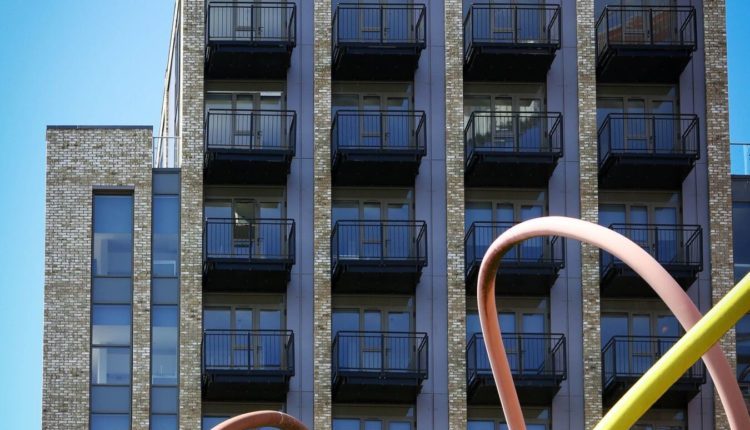Elliot Group’s s 15 developments currently comprise 1,460 completed units and the first tenants are now moving into its Wolstenholme Square scheme in Liverpool’s Ropewalks. Tony McDonough reports

Liverpool residential developer Elliot Group is reporting 97% occupancy at its completed schemes generating annual rental income of £10.6m.
Elliot’s 15 developments, which also have a mixed use element, currently comprise 1,460 completed units and the first tenants are now moving into its Wolstenholme Square development in Liverpool’s historic Ropewalks.
The rent roll figure is delivering yields to investors of between 6% and 9% and company founder Elliot Lawless says this demonstrates the effectiveness of his ‘fractional funding model’.
His model sees the schemes are forward-funded by selling apartments to individual private investors. Mr Elliot adds this model isn’t widely understood in the UK but is commonplace overseas, where 75% of his investors reside.
He said: “We’re delivering for investors and more than half of our customers have returned to purchase again with us, having enjoyed strong returns on earlier schemes.”
The company’s pipeline of projects, such as The Residence in central Manchester and Infinity in Liverpool, will deliver a further 3,500 homes when complete and Mr Lawless revealed that he is now assessing opportunities outside the North West.
“The UK’s population is growing rapidly and our society continues to change shape, which means the way we live continues to evolve,” he said. “Our major city skylines are going to look more like those in America and the Far East as building and population densities necessarily increase.
“In Britain we think our cities are crowded, but compared with the continent they’re not. London has 14,500 people per square mile, but in Barcelona it’s 41,000 and in Paris its 55,000.
“There are huge social and environmental advantages to such density, such as lower car usage and greater reliance on efficient public transport.
“Cities such as Liverpool and Manchester are going to feel dramatically different and better 10 years from now, with greater appeal to businesses and residents, and we’re pleased to be playing our part.”

